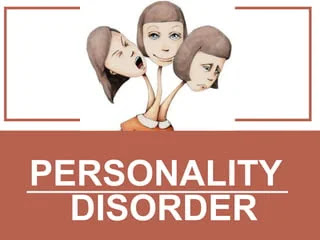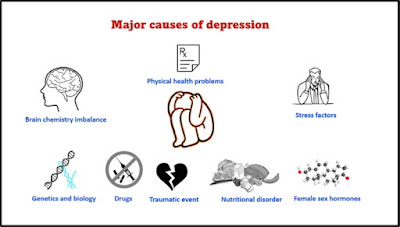Diagnosing Psychological Disorders: A Guide to Early Identification and Treatment

Outline of the Article Introduction Understanding Psychological Disorders Definition of Psychological Disorders Common Types of Psychological Disorders Importance of Early Diagnosis Recognizing Signs and Symptoms Behavioral Changes Emotional Changes Cognitive Changes Physical Symptoms Seeking Professional Help Diagnosing Psychological Disorders Role of Mental Health Professionals Diagnostic Tools and Assessments The Diagnostic and Statistical Manual of Mental Disorders (DSM-5) Challenges in Diagnosing Psychological Disorders Treatment Options Coping Strategies for Individuals and Families Conclusion FAQs Diagnosing Psychological Disorders: A Guide to Early Identification and Treatment Psychological disorders affect millions of people worldwide, making it essential to recognize and diagnose them early to provide timely intervention and support. This article delves into the intricate process of diagnosing psychological disorders, emphasizing the importance of early identification and she...








